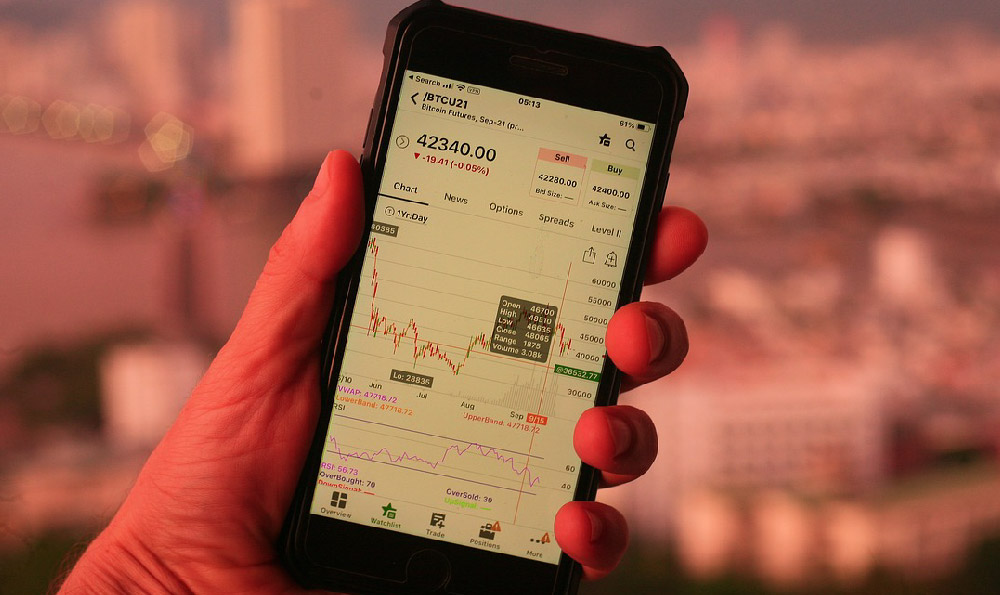Can You Monetize Facebook? Is Facebook Profitable?

Facebook, now under the Meta Platforms umbrella, presents a complex landscape when discussing monetization. The core question isn't if Facebook is profitable; it undeniably is. Instead, the more pertinent inquiry is how Facebook generates its staggering revenue and how users can potentially leverage the platform for their own monetization efforts.
Facebook's profitability hinges primarily on advertising. Its sophisticated advertising platform allows businesses, large and small, to target incredibly specific demographics with tailored ads. This precision targeting, fueled by the vast trove of user data Facebook possesses, is the engine that drives billions of dollars in revenue each quarter. Advertisers pay for impressions, clicks, or conversions, and Facebook's algorithms constantly optimize ad delivery to maximize effectiveness, thereby justifying the advertising spend and attracting even more businesses to its platform. The sheer scale of Facebook's user base (billions globally) makes it an unparalleled advertising channel, offering access to virtually any target audience imaginable. Moreover, the platform's continually evolving advertising features, such as dynamic product ads, lead generation forms, and A/B testing capabilities, provide advertisers with a comprehensive suite of tools to refine their campaigns and achieve optimal results. The platform also uses data to inform businesses about their target audience and the types of ads that are likely to perform well, making it an easy and attractive platform for businesses to use. The revenue generated from ads is what primarily makes Facebook so profitable.
Beyond advertising, Facebook generates revenue through other avenues, though these are significantly smaller in comparison. Transactions on its Marketplace, in-app purchases within games and applications, and subscription services all contribute to the company's bottom line. The Oculus VR platform, also owned by Meta, is a growing revenue stream, though it’s still heavily reliant on investment. While these other streams aren't as substantial as advertising, they represent diversification and potential avenues for future growth. Meta’s bet on the metaverse, while still in its nascent stages, aims to create a new digital economy, potentially unlocking further monetization opportunities through virtual land sales, digital asset trading, and immersive experiences. However, the long-term success and profitability of these ventures remain to be seen.

For individuals and businesses looking to monetize Facebook, the opportunities are diverse, albeit requiring strategic planning and consistent effort. Businesses can leverage Facebook Pages to build brand awareness, engage with customers, and drive traffic to their websites or physical stores. Creating engaging content, running targeted ads, and utilizing Facebook's built-in e-commerce tools (Facebook Shops) are essential strategies. The success of these endeavors depends on understanding the target audience, crafting compelling messaging, and continuously analyzing campaign performance to optimize results.
Influencer marketing is another prominent avenue for monetization. Individuals with a significant following can partner with brands to promote products or services in exchange for compensation. This requires building a strong online presence, cultivating an engaged audience, and establishing credibility within a specific niche. Authenticity is crucial for long-term success in influencer marketing; followers are more likely to trust recommendations from influencers who genuinely believe in the products they promote.
Affiliate marketing offers another pathway. This involves promoting other companies' products or services and earning a commission on each sale or lead generated through unique affiliate links. Facebook Groups can be particularly effective for affiliate marketing, allowing individuals to build communities around specific interests and promote relevant products or services to a highly targeted audience. Again, transparency and providing genuine value are critical for building trust and driving conversions.
Content creators can monetize their videos through Facebook's in-stream ads program. To qualify, creators need to meet certain eligibility requirements, including having a minimum number of followers and watch hours. However, in-stream ads can provide a steady stream of revenue for creators who consistently produce engaging video content. Facebook also allows creators to monetize their live streams through Stars, a virtual currency that viewers can purchase and send to their favorite streamers as a form of support.
It’s important to remember that monetizing Facebook requires a long-term perspective. Building a successful online presence takes time and effort. It's also crucial to stay abreast of Facebook's evolving algorithms and policies, as these can significantly impact reach and monetization potential. Furthermore, focusing solely on monetization can backfire. Authenticity, providing value to the audience, and building genuine relationships are essential for long-term success. Overly aggressive or spammy tactics can alienate followers and damage credibility.
In conclusion, Facebook’s profitability is undeniable, driven largely by its advertising platform and supplemented by various other revenue streams. Individuals and businesses can indeed monetize Facebook through various strategies, including advertising, influencer marketing, affiliate marketing, and content monetization. However, success requires strategic planning, consistent effort, a focus on providing value, and adherence to Facebook’s policies. While the platform offers tremendous potential for financial gain, a long-term perspective and a commitment to building genuine relationships are crucial for sustainable success. The key is to treat Facebook not just as a tool for profit, but as a platform for building a community and delivering real value to its users. That is what translates to long-term monetization.















